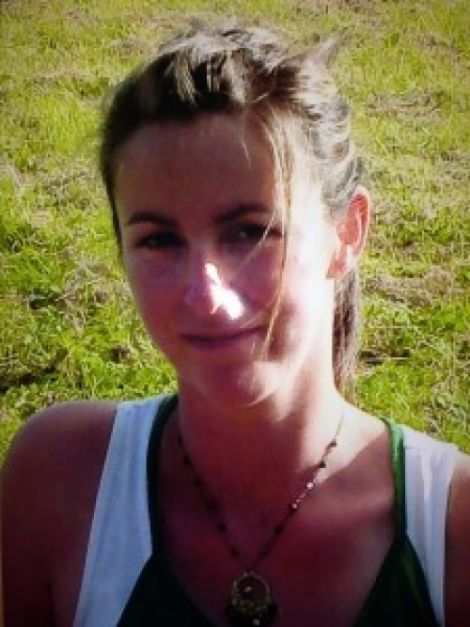Counselling

My name is Joanne, and I am a counsellor with New Life Counselling. I come into your school every Monday to provide young people with a safe space to talk about any issues which are bothering them.
Counsellors are trained to listen carefully in a way that makes it easy to talk to them. They are especially good at being able to listen without judgement, which helps people sort out their thoughts and feelings about whatever is concerning them.
People come to counselling with all sorts of problems including family problems, school difficulties, friendship issues, bullying, issues with drugs/food/alcohol, or maybe they are feeling sad, angry, confused, alone or scared.
There is no issue too big or too small for counselling.
If there is something bothering you, and you would like to come and see me, there are different ways you can do this –
- Ask a teacher – if there is a teacher you trust, you can ask that teacher to refer you to counselling
- Ask your parents – if you feel comfortable, you can ask your parents to refer you to counselling.
- Yourself – call in any Tuesday break-time and complete a referral form.
If you need help or support immediately, please contact any of the below numbers –
- LifeLine – 0808 808 8000
- ChildLine – 0800 1111
- Samaritans – 08457 90 90 90
Who is New Life Counselling?
New Life Counselling is an organisation with over 15 years experience of offering counselling support in schools. It believes in a society that actively promotes positive emotional health and wellbeing and gives everyone the freedom to grow, and believes that excellent counselling and therapeutic support services contribute to this vision. It is therefore committed to:
- Employing only well qualified and skilled counsellors
- Offering a safe and appropriately confidential service
- Working in partnership with schools, parents and community groups in the best interest of its clients
What is counselling?
Counselling involves meeting with a professionally qualified counsellor to talk in confidence about things that are bothering or concerning us. People speak to counsellors about many different things, for example worries about relationships, stress, worries about schoolwork, loss and bereavement, traumatic events, difficult changes and countless other things.
What does a counsellor do?
Counsellors are trained to listen carefully in a way that makes it easy to talk to them. They are especially good at being able to listen without judgement, which helps people sort out their thoughts and feelings about whatever is concerning them.
Why have a counsellor in school?
Young people benefit from counselling in the same way and for the same reasons as adults. School counsellors have experience of working with young people and understand many of the issues that trouble them. Although the school counsellor works closely with the school in safeguarding young people, not being a member of the school staff means that they can offer an impartial listening ear, no matter what the young person wishes to discuss. Offering counselling in schools means we can often work preventatively by offering early support, often preventing more serious difficulties later on.
How long will counselling last?
We aim to offer counselling for as long as it is needed. This may be a few sessions, or longer term. It is reviewed regularly between the counsellor and young person.
Where and when does it take place?
Usually, a small, private room is made available in the school during the day. Sessions last up to fifty minutes, and appointment times are varied so that time is not lost from any one subject.
Can I support the counselling work?
Yes and we welcome this. Our experience shows that the most helpful thing a parent can do is to show an acceptance of counselling as a normal and useful activity, and to show an interest if their son/daughter wishes to talk about it, but not to press them if they don’t. We acknowledge that this isn’t an easy task, and it is quite natural for parents to feel anxious about what may be being said in the sessions. It is always our hope that talking with one of us will lead to greater openness with yourselves, but you may need to allow a little time for this to happen.
1
 Menu
Menu
